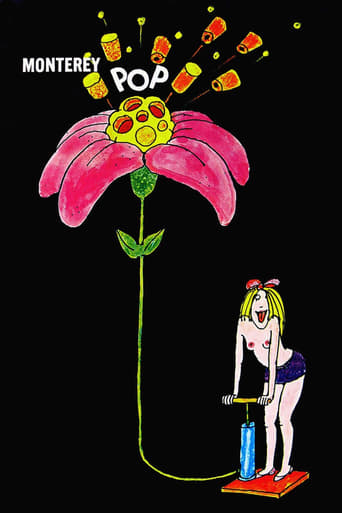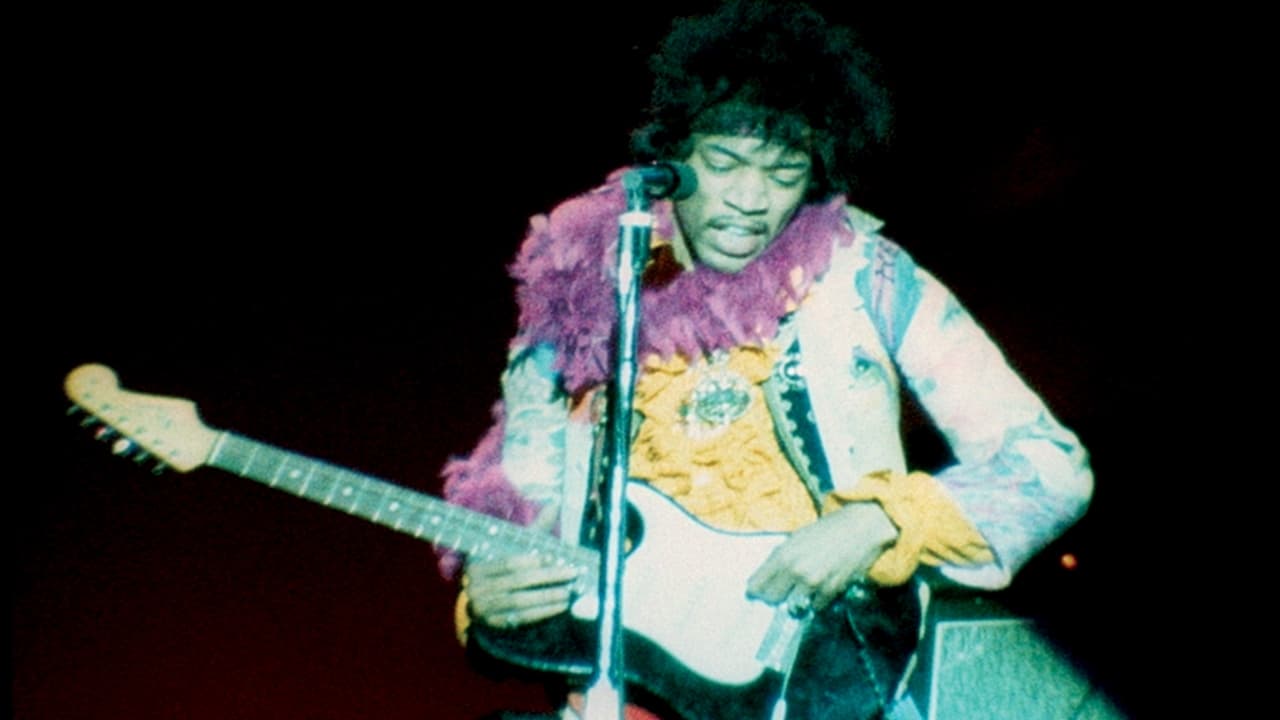sodbuster-3
It was a great experience. I was 18 and hitch hiked to Monterey with a girl and her Doberman. One ride all the way. As soon as we got dropped at the fairgrounds, some people asked if we had a place to stay, took us to their pad, let us shower, and made breakfast. That was a good sign. I had no desire to go to Livestock; nothing could ever compare to those three days in Monterey. You see all the people with coats and blankets because it was cold at night and early morning. For weeks before we had been hearing the ads on the radio (KRLA)about all the performers and they kept saying the Jimi Hendrix Experience. We had no idea who this guy was; we were going to see and hear everyone we could. But that night, after The Who had tried to demolish the stage and Lou Adler and John Philips were scrambling to regain order, the stage went dark and a lone figure walked to the mike at center stage. When the spotlight came on we could see it was Brian Jones. He introduced Jimi Hendrix and when I saw, and heard, the most amazing things ever done or played on a Stratocaster (on any guitar for that matter)life wasn't the same. Hendrix took music to an alien world and came back with sounds and style that were beyond my imagination. This film is not the greatest quality and certainly--in a technical sense--pales in comparison to contemporary concert movies and videos; however, it was the first true rock festival, and if you were there you know what I mean. But if you let go of the need for cinematic purity and enormous production values, what you'll enjoy is an island of (not corny) peace, love, and incredible music.
AudioFileZ
A most excellent time capsule of a period. No questions. If you want to see what the sixties were like...Then watch. This really does put in a time capsule more of the generation than anything I've seen. You can feel the shift happening via the music. I vote this is infinitely more important than Woodstock because the movement was already in full swing at that point. Witness the birth of so much of what we still are listening to today. This is the real unadulterated thing. Kudos to the "Criterion Collection"! If only Otis Redding would have lived longer?There is no telling the musical legacy he was going to leave? Based on the incendiary performance here it would have been formidable. This is a must see for anyone interested in the procession of rock through all the permutations of soul and blues. Not to be missed.
songwarrior52
D.A. Pennebaker may have "captured the spirit of the '60s" and all that, but the fact is that the original "Monterey Pop" has big problems, which the passing years have not rectified. Now, one can buy a deluxe Criterion Collection DVD set that has extra discs that include all the outtakes from the original footage plus extras upon extras. But the film as originally released, for all its legendary status, all 79 minutes of it, is often a flat-out bore. The single- disc original version I checked out of the library today also has some extras, including a conversation with producer Lou Adler and filmmaker Pennebaker. That only seems to reveal that Pennebaker was somewhat clueless in his approach to putting the final cut together. This is especially true in the decision-making regarding which acts to include. I mean, the guy left out Laura Nyro, Buffalo Springfield and The Byrds from the original flick, choosing instead to include people like Country Joe and the Fish (boring), Hugh Masakela (meandering) and at least one group that didn't seem to be identified and whose music was mediocre. The filmmaker also seems to think he made a brilliant move leaving out the Paul Butterfield Blues Band from the final cut, but it's hard to trust him given who's onstage instead. Also according to Pennabaker, Mama Cass Elliott wanted him to cut the Ravi Shankar performance. It seems to rouse the audience here, and it's used as the climactic performance of the concert, but few people want to listen to extended rave-ups on a sitar. (I fast-forwarded through it, only to find that the film was now over.) There are other problems, for example, Janis Joplin is clearly performing at night, yet through her performance, the camera cuts to Elliott in the crowd, supposedly gushing about Joplin's talent, onlydoh!Elliott's in broad daylight, and it's obviously an insert from another part of the footage. Cheesy. And stupid. Did Pennebaker think no one would notice? Other bad things: A ton of boring footage of hippies being hip (a little goes a long way); camera work that focuses on Grace Slick mouthing the lyrics to "Today" while Mary Balin is singing the opening verse, which makes it look like his voice is coming out of Grace's mouth; and when we finally get the great Hendrix, what is he singing? The godawful "Wild Thing," which is about the last song anyone wants to see him play, even if he does set his guitar on fire and dry-hump the amps. Pennebaker supervised about 6 cameramen, plenty enough to get a lot of cool footage. Too bad the final results look ofttimes amateurish. Meanwhile, the synching and cutting are okay but not great. The Mamas and the Papas come off pretty good. Ditto The Who. And Joplin. Simon and Garfunkel sound good, but they're singing "Feelin' Groovy," not exactly cutting edge. Otis Redding is okay, but a mite tiresome. There's some saving grace with the film crew getting a lot of footage of California girls in all their hippie-dippy glory, but that gets tiresome too. "Monterey Pop," at this late date, looks mostly like a big experiment with lesser results. For maximum effect, keep your finger near the fast-forward button.
ed-627
I think, that once you see this masterpiece, especially the finale... which ranks with probably the greatest art in music, you'll agree, simply that it is beyond excellence.Nothing will ever come close to encapsulating the 60's (and I wasn't around then) than this work of art. I could almost live, breathe, smell and rejoice in the atmosphere.It was a rare combination of genius, the times, and a great filmmaker that made something that I consider one of the greats of my life.Great Moments? Mamas and Papas, the jet that flew over the festival, the (amateur?) film maker and his camera (reminded me of Donald Sutherland) and the camera moving past the sultry youth during Ravi Shankars finale. Big pieces and little moments.


 AD
AD






